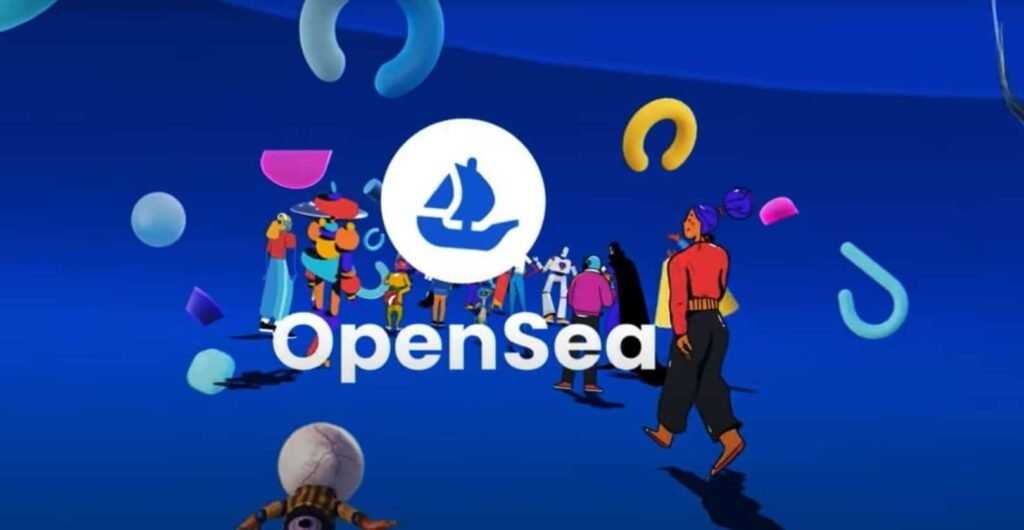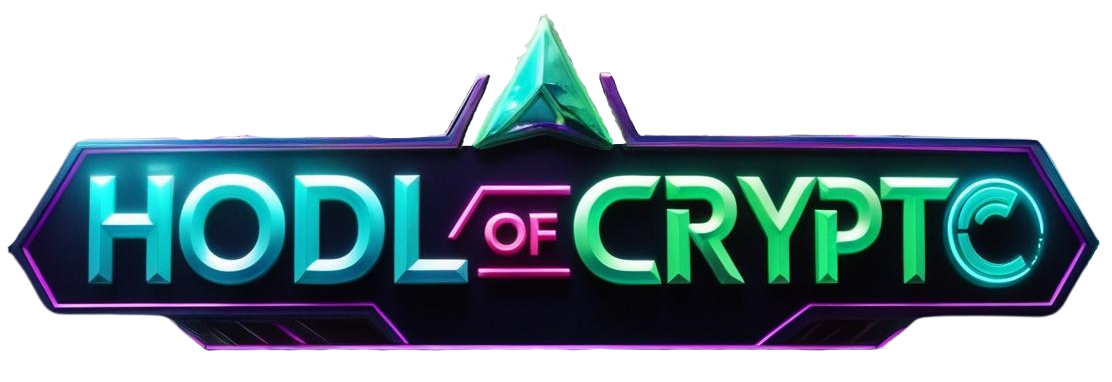Web3 explained Indonesia: Indonesia stands at the forefront of Southeast Asia’s digital transformation. With over 200 million internet users and a thriving mobile-first population, the country has become fertile ground for Web3 growth. Web3, or the decentralized web, represents a major shift from the centralized Web2 model. It gives users ownership over their data, digital assets, and identities through blockchain-powered technologies. This concept is gaining traction in Indonesia, especially among Gen Z and millennials looking for more control, transparency, and value in their online activities.
Cryptocurrency: Web3 explained Indonesia- The Gateway to Web3 Adoption
Cryptocurrency is the cornerstone of Web3 adoption in Indonesia. Platforms like Tokocrypto, Pintu, and Indodax have introduced millions to digital assets such as Bitcoin, Ethereum, and local tokens. The appeal lies not just in speculation, but in the empowerment of users to transact, invest, and earn without banks. Despite regulatory caution, crypto activity is booming, with BAPPEBTI’s approval of numerous coins and increasing integration of crypto in e-commerce, remittances, and investment portfolios. For many Indonesians, crypto is their first step into the world of Web3.
Web3 explained Indonesia- NFTs Empowering Indonesia’s Creative Economy

Source: cryptonews
Non-fungible tokens (NFTs) are unlocking new revenue models for Indonesian creators. Digital artists, musicians, and writers are minting their work on platforms like OpenSea and Paras, reaching global audiences while retaining intellectual property rights. In places like Bali and Bandung, NFT collectives are emerging, blending traditional art with blockchain technology. Creators are not just earning passive income—they’re forming decentralized communities that share ownership, royalties, and governance. This new digital ownership is especially appealing in a country with a rich cultural heritage and under-monetized creative industries.
Web3 Gaming and the Play-to-Earn Movement

Source: PINTU
Web3 is revolutionizing Indonesia’s gaming sector with play-to-earn (P2E) models that allow players to earn crypto through gameplay. Titles like Axie Infinity sparked early interest, but newer, localized Web3 games are now gaining ground. Indonesian gaming guilds like YGG SEA are helping players access scholarships and earn while learning blockchain mechanics. In a country where traditional job opportunities are limited for many, Web3 gaming offers financial inclusion, skill development, and digital entrepreneurship—especially among youth and rural communities.
DeFi and Financial Inclusion for the Unbanked

Source: Crypto Briefing
Decentralized finance (DeFi) offers powerful solutions to Indonesia’s unbanked population, estimated at over 60 million. Web3-based DeFi platforms enable lending, saving, and investing without needing a bank account. Apps like Aave, Compound, and local DeFi projects are giving Indonesians access to yield-generating tools. With high smartphone penetration and growing trust in crypto, DeFi can bridge the gap left by conventional banking—especially in rural areas where infrastructure is lacking. Islamic DeFi is also gaining attention, aligning financial technology with Shariah principles to expand user adoption.
Digital Identity and Decentralized Privacy
Web3 introduces the concept of self-sovereign identity (SSI), allowing users to control how their personal data is used online. In Indonesia, where data breaches and privacy issues are rising concerns, decentralized identity systems can help users authenticate across platforms without centralized servers. This has vast implications for e-government services, education credentials, and digital healthcare. Projects like KILT Protocol and Indonesia’s exploration of blockchain-based ID systems could lead to more secure, user-controlled verification methods in the near future.
Challenges: Regulation, Education, and Scams

Source: ADWEEK
Despite rapid interest, Web3 in Indonesia faces key challenges. First is the lack of a comprehensive regulatory framework. While BAPPEBTI monitors crypto exchanges, there’s ambiguity around NFTs, DAOs, and DeFi. Secondly, the education gap is significant—many users join without understanding risks, leading to scams, rug pulls, and wallet mismanagement. Government-backed campaigns, academic programs, and community workshops are essential to improve digital literacy and ensure responsible participation. Tech platforms must also work with local influencers and developers to create safer, Bahasa-friendly onboarding experiences.
The Road Ahead: Opportunities for Web3 in Indonesia
Indonesia’s Web3 future looks promising. Startups are attracting global VC funding, Web3 hubs are growing in cities like Jakarta and Bali, and academic institutions are adding blockchain into their tech curricula. There’s also strong potential for Web3 to intersect with sustainability, tourism, and agriculture—areas where transparency and traceability can add real value. With continued collaboration between regulators, entrepreneurs, educators, and communities, Web3 could become a core part of Indonesia’s digital economy, offering a more equitable and open internet for all.











